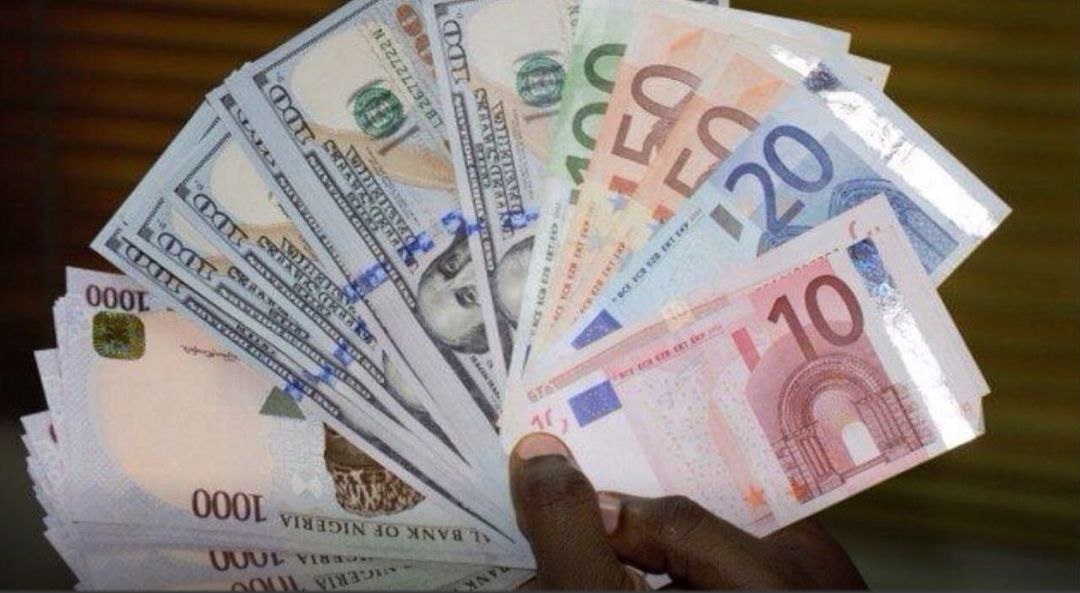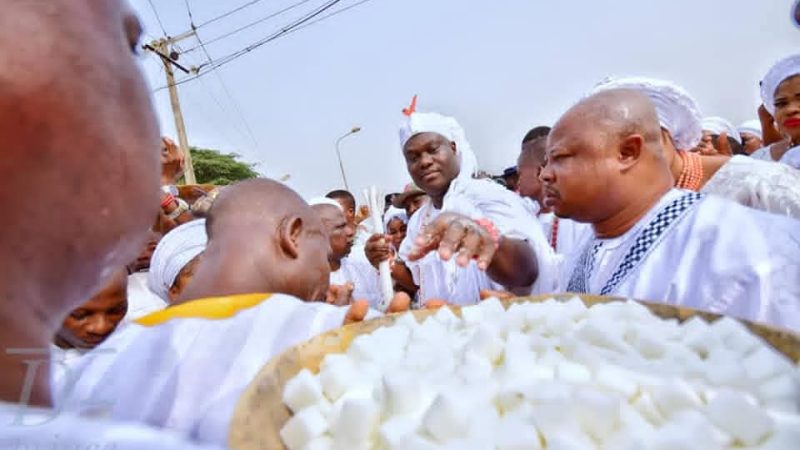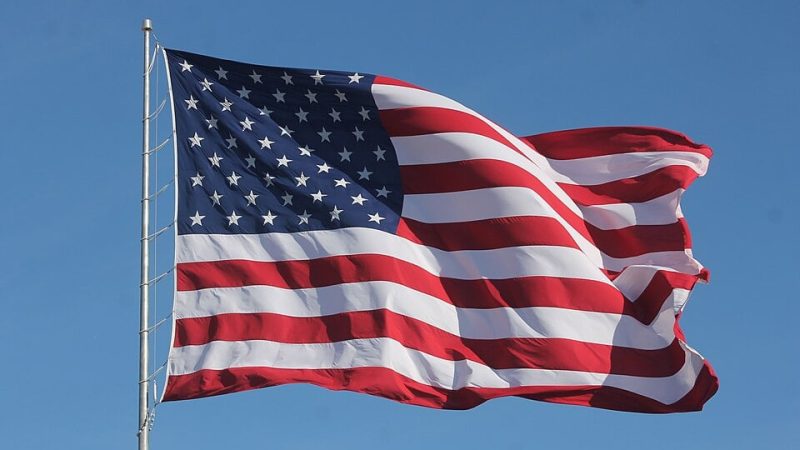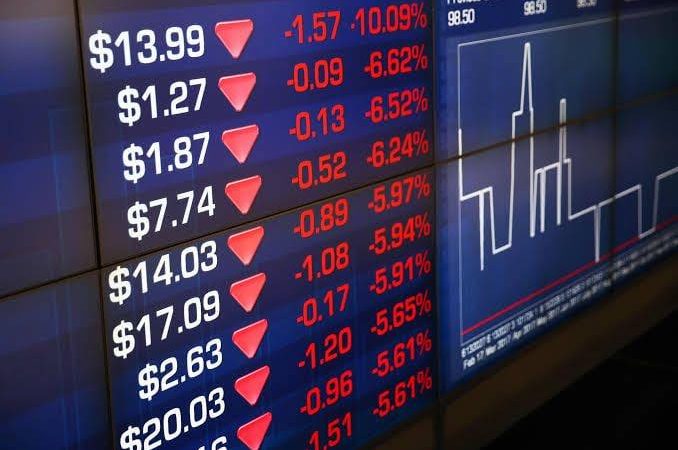The Nigerian Naira edged closer to a key psychological resistance level of N1,500/$ on Friday, trading at N1,528/$ in the official market — a marginal dip from Thursday’s closing price.
This movement brings the currency within N30 of breaching the symbolic N1,500/$ threshold, signaling ongoing volatility in the forex market despite improved fundamentals.
Market analysts attribute the Naira’s recent relative stability to multiple positive developments.
Chief among them is the resumption of international transactions on naira-denominated debit cards by leading Nigerian banks, including Guaranty Trust Bank (GTBank), United Bank for Africa (UBA), Wema Bank, and Stanbic IBTC.
GTBank, in a message to customers, confirmed the reinstatement of international spending on naira cards, with a $1,000 cumulative limit over three months. The limit includes up to $500 for ATM withdrawals abroad and up to $1,000 for online and point-of-sale transactions outside Nigeria.
“We would like to remind everyone that the $1,000 cap covers cash withdrawals, online payments, point-of-sale payments, and other dollar-related services,” GTBank stated.
Similarly, UBA announced that all Premium Naira Cards—including Gold, Platinum, and World variants—have resumed full functionality for international transactions. The bank described the move as part of its “unwavering dedication” to enhancing the customer experience.
The Naira also received support from a recent International Monetary Fund (IMF) report, which backed Nigeria’s tight monetary policy stance as “appropriate and necessary” to curb inflation and stabilize macroeconomic conditions.
In its 2025 Article IV Consultation Report, the IMF lauded the Central Bank of Nigeria (CBN) for maintaining strict monetary measures and halting the monetization of budget deficits — a major inflation driver in previous years.
“Directors agreed that the Central Bank of Nigeria is appropriately maintaining a tight monetary policy stance, which should continue until disinflation becomes entrenched,” the IMF noted.
At its Monetary Policy Committee (MPC) meeting in May, the CBN held the Monetary Policy Rate (MPR) at 27.5%, while keeping the Cash Reserve Ratio (CRR) at 50% for commercial banks and 16% for merchant banks.
The IMF also praised Nigeria’s ongoing efforts to improve transparency and governance in the financial system.
Meanwhile, on the global scene, the U.S. dollar retreated slightly on Friday, with the Dollar Index falling 0.2% to 96.605 after rising the previous day due to strong U.S. jobs data. While the data delayed expectations of a U.S. interest rate cut, the gains were short-lived as attention shifted to international trade tensions.
U.S. President Donald Trump heightened uncertainty by announcing on Thursday that multiple countries would receive formal letters detailing new tariff rates, just days before the July 9 deadline for implementing trade measures. This marks a reversal from his earlier pledge to negotiate individual agreements.
At the European Central Bank’s Sintra Forum, Federal Reserve Chairman Jerome Powell hinted that a rate cut might be forthcoming in response to inflation concerns. Powell emphasized that his primary focus remains on leaving “a healthy economy” for his successor.
“When we saw the size of the tariffs and that almost all inflation forecasts for the United States have increased significantly, we suspended our activities,” Powell said.
Elsewhere, the euro rose modestly, with the EUR/USD pair increasing by 0.1% to 1.1774, as traders expect a weekly gain of 0.5%. However, economic indicators remain mixed in the Eurozone. German industrial orders declined 1.4% in May, worse than forecast, suggesting fragile industrial demand despite easing monetary conditions.
The European Central Bank (ECB) has now cut interest rates eight times in the past year, but officials signaled a likely pause at the next policy meeting.
As Nigeria navigates a complex economic landscape, the combination of renewed banking flexibility, monetary policy discipline, and external support from institutions like the IMF offers a more hopeful outlook for the Naira — even as it approaches the N1,500/$ threshold.
However, analysts warn that sustainable currency strength will depend on continued foreign exchange inflows, investment confidence, and structural reforms, including in fiscal management, exports, and non-oil revenue generation.




